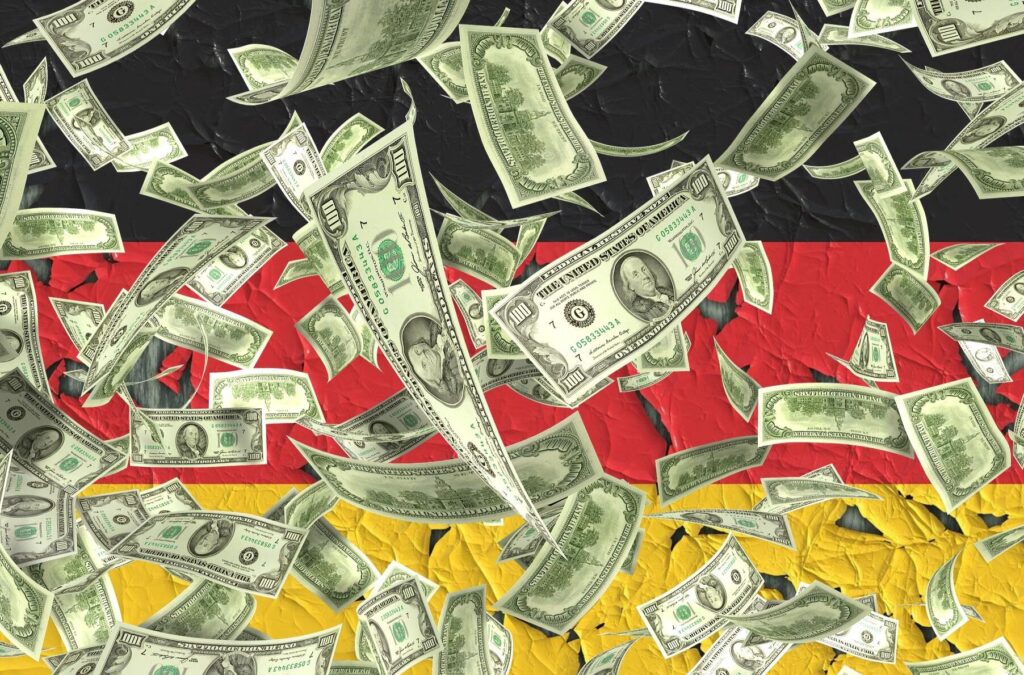Germany has been criticised by a global watchdog for failing to do enough to tackle money laundering, such as by prosecuting very few for the crime despite being one of the globe’s biggest cash centres. The report by the Financial Action Task Force (FATF), a global body that groups countries from the United States to China to tackle financial crime, deals a blow to the standing of Germany, which prides itself on a reputation for probity.
The assessment highlights a series of failings, including lack of control of those who handle large sums of money, such as estate agents, adding that while Germany understood the risks, it had not done enough to tackle them.
The FATF criticised, for instance, the disjointed nature of supervision, with more than 300 regional authorities responsible for monitoring such players, as well as a shortage of personnel.
Germany’s score lags far behind France, which the FATF also recently assessed. The poor ranking means Germany will now have to report annually to the body in the coming years about its progress in tackling shortcomings.
..
..
Germany’s finance minister, Christian Lindner, has acknowledged the problem, and pledged to centralise control, install additional staff and modernise the authorities’ technology.
“We deal with the small fish, while the big fish get away,” he told journalists earlier this week before the report’s publication, adding that he would step up efforts to “follow the money”.
The FATF said Germany prosecuted about 1,000 people for money laundering in 2020, despite opening more than 37,000 inquiries, a level of convictions it considered “very small”.
Germany has more banks than any other country in the European Union while many Germans prefer using cash, which the FATF said made up three quarters of transactions. There is no upper limit on the size of cash transactions.
The FATF also flagged money laundering risks from hawala payments, which means ‘transfer’ in Arabic. The system is widely used in the Middle East, moving payments through a trusted network of agents who operate outside banks.
Germany has 11 million international migrants, the third-largest globally, according to the report.
The FATF urged Germany to take “additional measures … to more effectively mitigate the risks in relation to cash and hawala services”.
Konrad Duffy of Finanzwende, a group that lobbies for financial transparency, said German authorities needed more powers to tackle money laundering and that rules should be tightened to prevent buying properties in cash.
..
August 25, 2022 Published by Reuters News.







